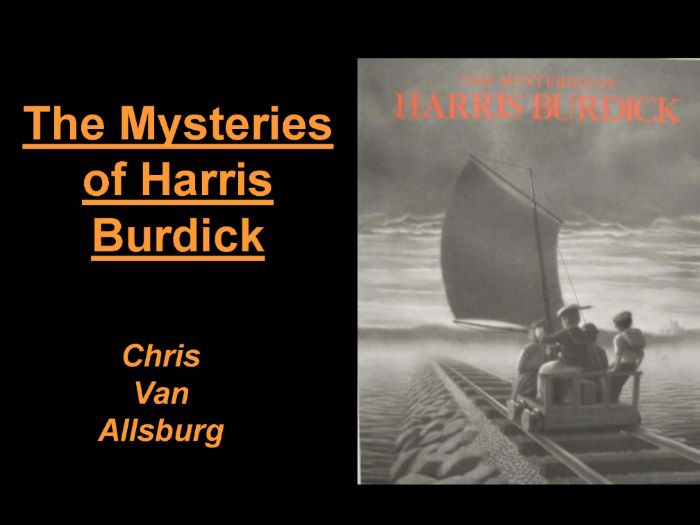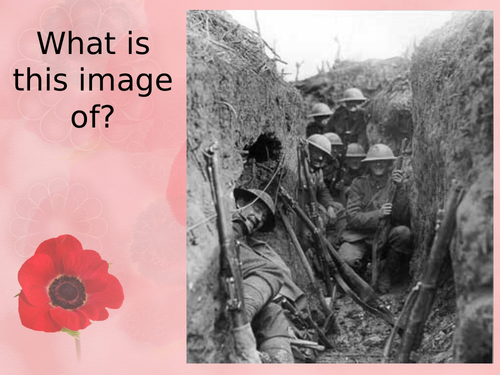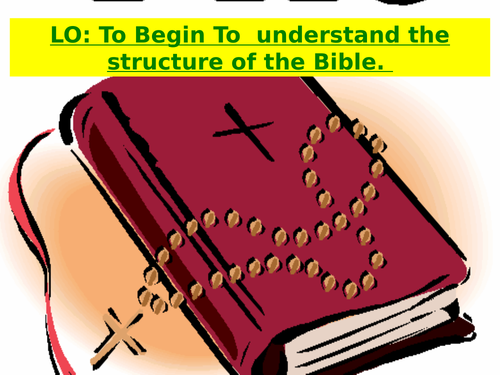404Uploads
120k+Views
40k+Downloads

Year 4 Planning Spring Term Numeracy Literacy KS2
Important! If you’d like to buy the whole year’s planning (Autumn, Spring and Summer) you’d be better off buying my bundle.
Planning for the Spring term for year 4.
You get 160 mb of material so good value imo.
I taught mainly in Catholic schools so has a Catholic bent. But as we live in a multicultural society, this should be no problem.
You get planning for:
creative curriculum
Literacy
Numeracy
P.E. (some)
Science (some)
R.E. (Christmas, Lent etc)
Loads of great lessons to ease your Sunday afternoons. Just cut and paste into your school template.
Bundle

Year 1 and Year 2 Complete Year Planning & Mathematics worksheets Shapes Rounding Puzzles
Mega bundle.
Please see my shop for full details.
Year 1 planning for 3 terms
Year 2 planning for 3 terms
Maths patterns worksheets
Shapes worksheets
Rounding Numbers worksheets
Maths puzzles
All answers provided for worksheets.

Year 4 Summer term Planning Numeracy Literacy KS2
Important! If you’d like to buy the whole year’s planning (Autumn, Spring and Summer) you’d be better off buying my bundle.
Planning for the Summer term for year 4.
You get 114 mb of material so good value imo.
I taught mainly in Catholic schools so has a Catholic bent. But as we live in a multicultural society, this should be no problem.
You get planning for:
creative curriculum
Literacy (Stories that raise issues, Poetry etc)
Numeracy (Fractions and Decimals etc)
P.E. (some)
Science (some)
R.E. ( Easter, Pentecost etc)
Loads of great lessons to ease your Sunday afternoons. Just cut and paste into your school template.

Spring Term Literacy Planning Year 5 s1 KS2
Great planning for year 5 for the Spring Term.
Jam packed with plans, ideas, powerpoints etc.
You get 200 mb of material, so great value. e.g. Persuasive writing, recounts, stories from other cultures, descriptive writing, model writing
Plus you get some year 5 Autumn planning I did in one school I taught in.

Year 5 Spring Planning Literacy Persuasive Writing & Aesop Worksheets Close
Save your Sundays!
Great planning for 6 weeks.
Plenty of powerpoints, worksheets and planning.
Plus a load of Aesop worksheets close tests.
Cut and paste into your template and enjoy a cuppa on Sunday nights watching the telly

Year 5 Literacy Planning Poetry Literature & Aesop Close Worksheets
Save your Sundays!
Great planning (7 weeks worth) for year 5 Literacy
Topics covered:
Older Literature
Poetry
Stories from other cultures
Plenty of powerpoints in there.
Plus great close sheets on Aesop.

Year 5 Mathematics Numeracy Planning Spring cc
Save your Sundays!
12 weeks work of Maths planning
plus worksheets on Table Drills to sharpen up their skills.
Topics covered include:
Number facts
Problem solving
factors
Shapes
Handling Data and numbers
fractions
Loads of resources and worksheets
Cut and paste into your template and enjoy a cuppa in front of the telly Sunday nights.

Reception Planning Short Term Lesson Plans September to May KS1
Save your Sundays!
Short term lesson plans fro reception. September to May.
I’m now retired from teaching. Take the strain from your Sundays by selecting and cutting and pasting bits if my plans into your template.
Not a silver bulllet but will ease your workload.

Year 5 Science Planning cc Einstein David Attenborough William Harvey Circulation
Save your Sundays!
Planning for Science year 5.
Lots of good stuff. Powerpoint, worksheets, planning
Topics covered:
Adaption
Einstein
Life Cycles
David Attenborough and Jane Goodall
William Harvey
Over 37 mb of material

Anti Bullying Week Materials Citizenship Assemblies Powerpoints Word Documents
From my schools.
Anti Bullying week stuff.
Lots of powerpoints and word documents.
Great springboard for your ideas. Adapt for your school. Great for assemblies.

Christmas Resources Powerpoint PDF Files Word Documents
Lots of great planning from my teaching career in Primary schools.
Nice powerpoints.
Nice fun stuff too.
Good value as you get a lot of stuff.
I taught from Reception to year 6 so something for everyone.

RE Christmas lesson One Powerpoint and Planning Catholic Flavour
I’m putting up a series of lesson for Christmas.
RE themed.
Catholic flavour.
You get a nice powerpoint.
Plus some planning and worksheets.
I’ll put up the others if there is demand.

Remembrance Day Powerpoints with PDFs Worksheets info etc.
10 powerpoints on Remembrance day that you can adapt to suit your class.
Plus a dozen or so short pdfs and worksheets to do with Remembrance.
Plus an assembly. Adapt by putting in your kids names in the class.
There’s something for ks1 and ks2 kids here. I have adapted the powerpoint so you can choose ks1 or ks2.

Black History Month Aborigines Two powerpoints Aboriginal Art Worksheets
Celebrate Black History Month with two excellent powerpoints and some great worksheets.
Lots of great info on Aboriginal art.
Kids of all abilities will love this.
Absorbing and great for afternoon art work.

Black History Month Martin Luther King Powerpoint
A powerpoint of the great MLK.
Excellent for Black History Month.

Six Powerpoints Explaining the Early Books of the Bible Religion
6 Powerpoints on the early books of the bible.
Plus Planning and worksheets.
Stuff on Cain and Abel etc

Year 5 Back to School Autumn Planning Fables Literacy Lots of Planning
Lots of planning for the Autumn term.
Literacy.
Powerpoints, planning and handouts included. Plenty of a month’s work.
Sample planning:
Genre: Traditional stories, fables, myths, legends.
Focus Texts: Robin Hood (Legend), Hercules (Myth) and Pandora’s Box (Myth).
Objectives
Primary Framework 7. Understanding and interpreting texts
Compare different types of narrative and information texts and identify how they are structured
Explore how writers use language for comic & dramatic effects
8. Engaging with and responding to texts
Compare the usefulness of techniques such as visualisation, prediction and empathy in exploring the meaning of texts
11. Sentence structure and punctuation
Punctuate sentences accurately, including using speech marks and apostrophe
Learning/Writing outcome for unit: Children can write a new version of a legend, identifying their audience and adapting their writing to suit this audience.
Children can reflect on their own performances.
Children can reflect critically on their own writing and edit and improve it.
NB Teacher Day on Monday, Mass on Thursday
LO: Whole Class Shared Learning
Guided and Independent Activities: Plenary:
Tu Identify features of a myth.
Introduce the new unit and look at the writing outcome displayed on the working wall – explain that we have three weeks to achieve this.
Allow children two minutes to TTYP and talk about the new unit – do they have any ideas about myth, legends or fables?
Introduce the LO for today.
Work through the PowerPoint on the features of a myth.
Activity One
Come back together and create a ‘post it’ note checklist for the working wall, to include:
A myth is about gods and goddesses
It is set in ancient times
It features danger/revenge
It includes use of magical powers
It uses powerful imagery
Characters are heroes
Explains a strange/important happening
It features strange, frightening creatures
Read the following version of ‘Pandora’s Box’ and compare & contrast:
http://myths.e2bn.org/mythsandlegends/story562-pandoras-box.html
Activity Two Activity One
Read through the myth of ‘Pandora’s Box’ Discuss the features – give children 10 minutes to highlight the features in pairs.
LA: Supported by IR
Activity Two
Provide several examples of myths for pairs. Children to highlight and annotate the features. Differentiate questioning after activity.
Discuss the task – were all the features present?
Push HA to say that Myths pass on cultural, religious or spiritual beliefs and traditions.
Look at the ten rainbow steps to writing a myth on PPT – discuss how this links to the story mountain.
Homework and spellings.

RE Christmas lesson Two Powerpoint and Planning Catholic Flavour Advent
Second in my series for Christmas.
Nice powerpoint and planning.

RE Christmas lesson Three Powerpoint and Planning Catholic Flavour
Lesson Three in my series on Advent and Christmas.
Nice powerpoint and planning

RE Christmas lesson Four Powerpoint and Planning Catholic Flavour
Lesson four in my nice Christmas unit.
Please look at the others to get the idea.
Nice powerpoint ion this one.























